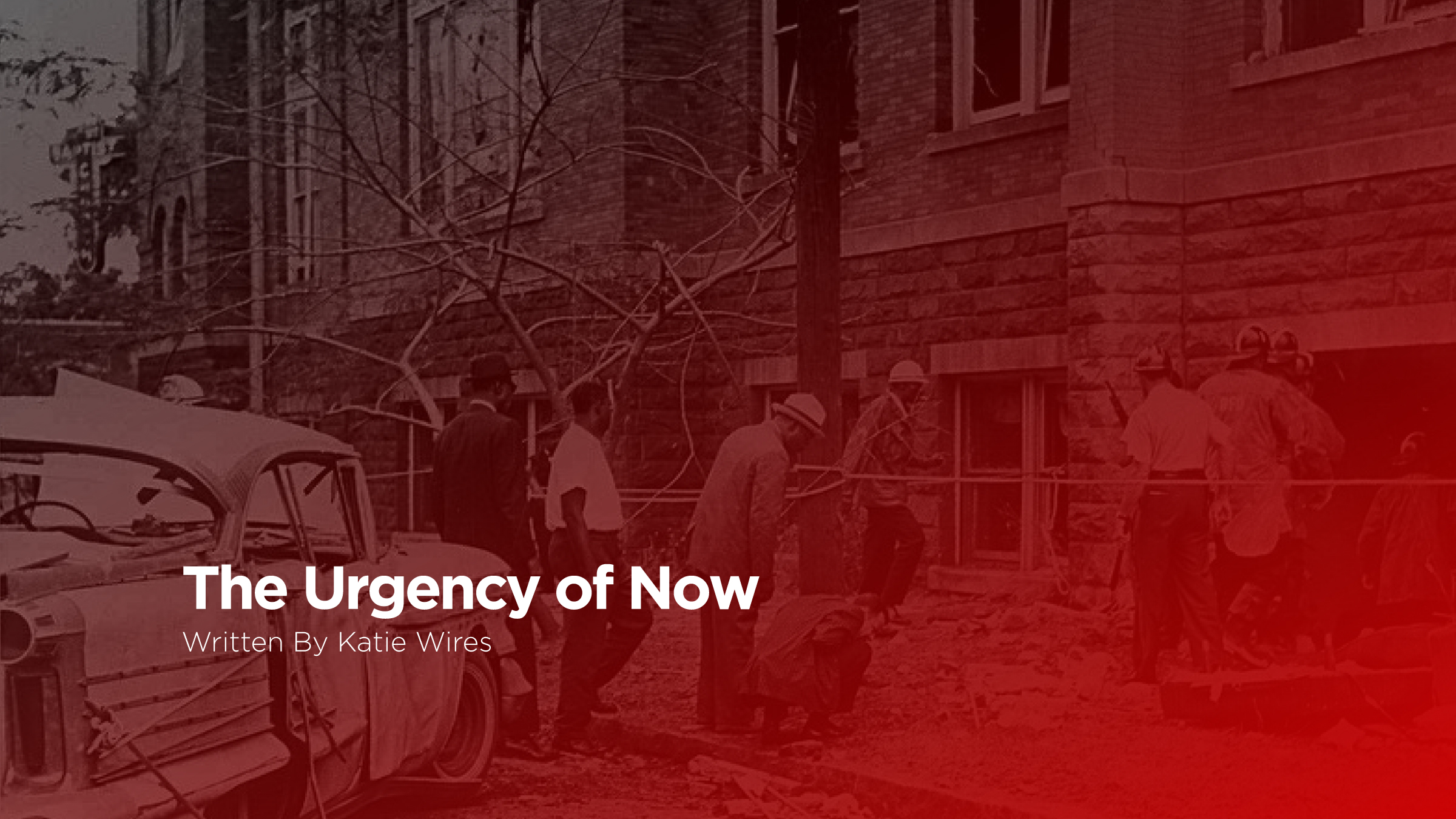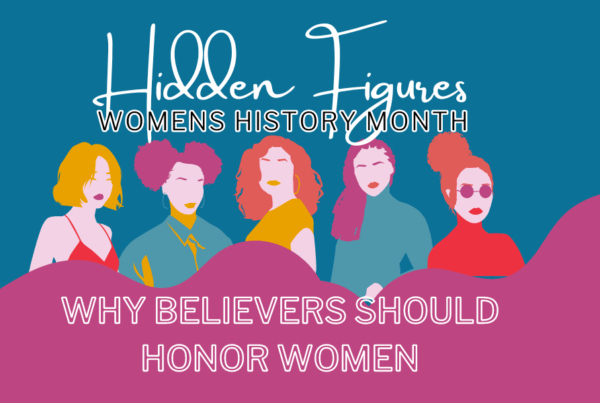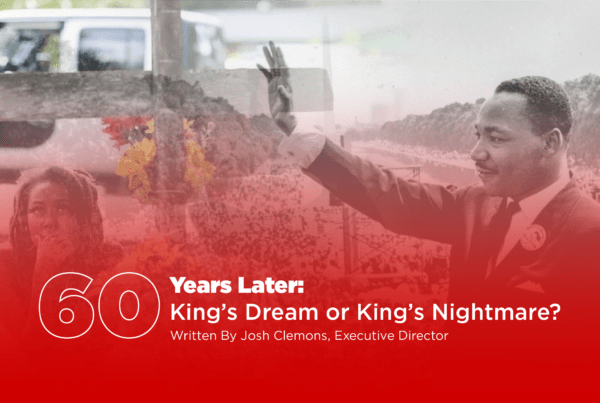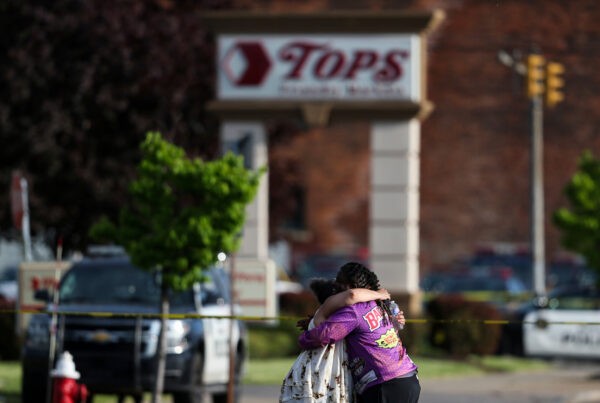Today marks the 60th anniversary of the 16th St. Baptist Church bombing in Birmingham, Alabama. On that Sunday morning in 1963, four young girls – Denise McNair, Cynthia Wesley, Carole Robertson, and Addie Mae Collins – were fixing their dresses and getting ready for the church’s Youth Sunday, when a member of the Ku Klux Klan set off a bomb against the outside wall of the church. The four girls were killed instantly. That same day in Birmingham, two Black teenage boys – 13-year-old Virgil Ware and 16-year-old Johnnie Robinson – were also killed in separate acts of racial violence.
The bombing took place 18 days after Martin Luther King Jr.‘s “I Have a Dream” speech, where he expressed his desire to “…remind America of the fierce urgency of now.” Extreme violence and any loss of life, especially of children, should shock us. We should be moved to action. And yet, we are too often numb, not only to the racial violence that occurred in our history, but also to the moments that are still happening today.
When innocent people die, we grieve, we lament. Too often, though, we ask, “Why,” as though we are blind to the systems that made the violence possible. Why are we blind? Why do we wring our hands and then accept that this violence is inevitable? There is a beautiful quote that says: It shouldn’t have to happen to us, to matter to us.
Do we believe that every life is precious? Does that include the homeless, the inmate, and the mother on welfare? What about four little Black girls, getting ready for church in Birmingham, Alabama? Or three, Black individuals, who were grocery shopping in Jacksonville, Florida? When does the loss of life and the dehumanizing rhetoric become too much for us? When does our lament spur us to act?
If Dr. King communicated a sense of urgency sixty years ago, how much more should we feel that urgency today? As those who follow Jesus, we affirm the Imago Dei, the belief that every, single person on this earth was created in the image of God. How do we respond, then, when one of those image-bearers is hurting? What about when an entire community is hurting? If you could be an instrument of healing, would you take up that mantle?
At OneRace, we aspire to teach leaders to love across color, class, and culture. Do we believe that other actions can be taken? Absolutely. But this is one way that we can help; by walking alongside pastors and leaders in their journey toward racial reconciliation. We strive to reflect the vision in Revelation 7, where “a great multitude that no one could count, from every nation, tribe, people, and language” will stand before the throne of God. We desire to step into the gap that has been left by racial division in our country and our churches.
Now, more than ever, we need Courage and Community. We are better together, especially when serving in ministry and engaging in conversations around race and healing. We hope you’ll join us in this endeavor.





